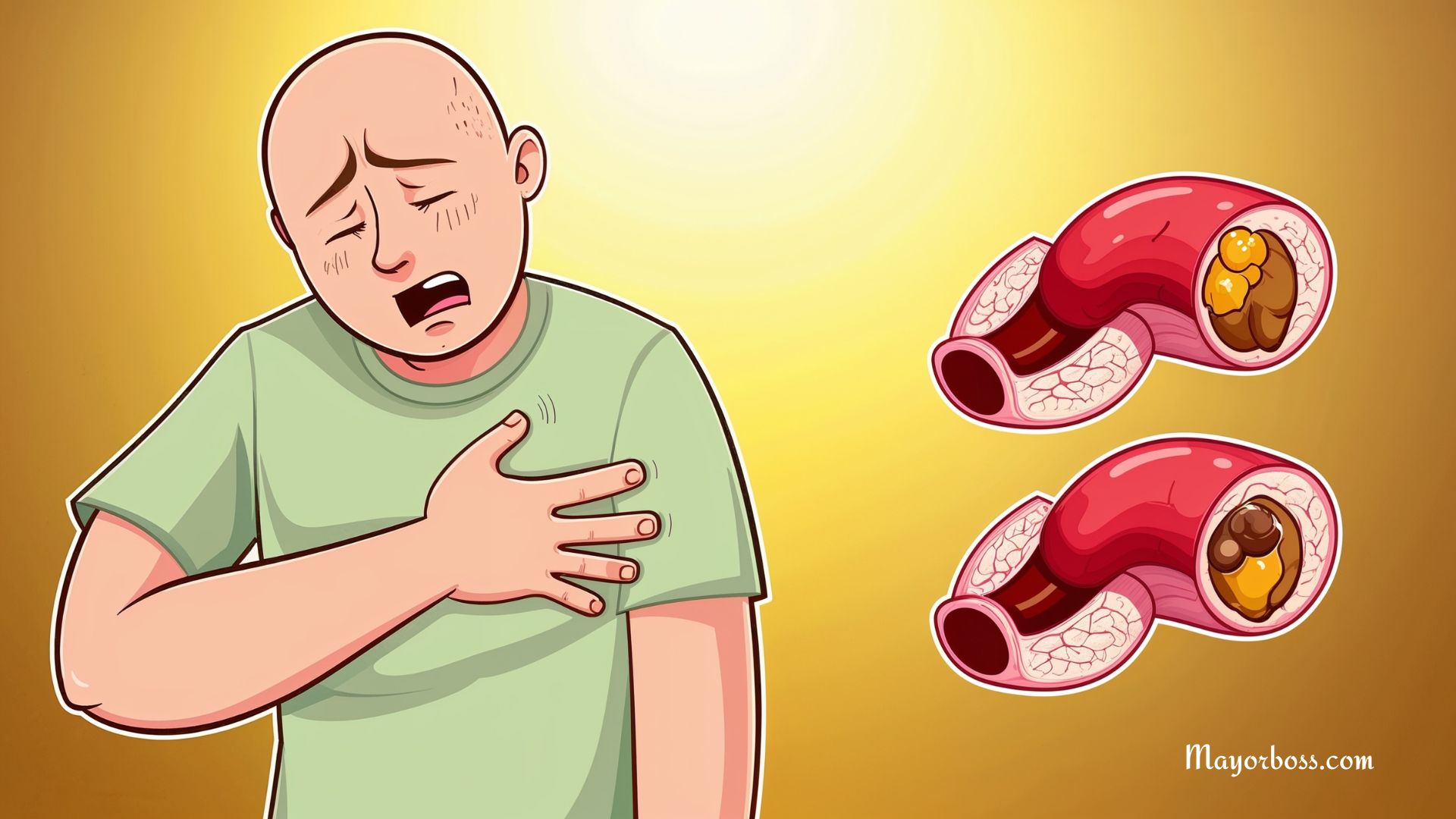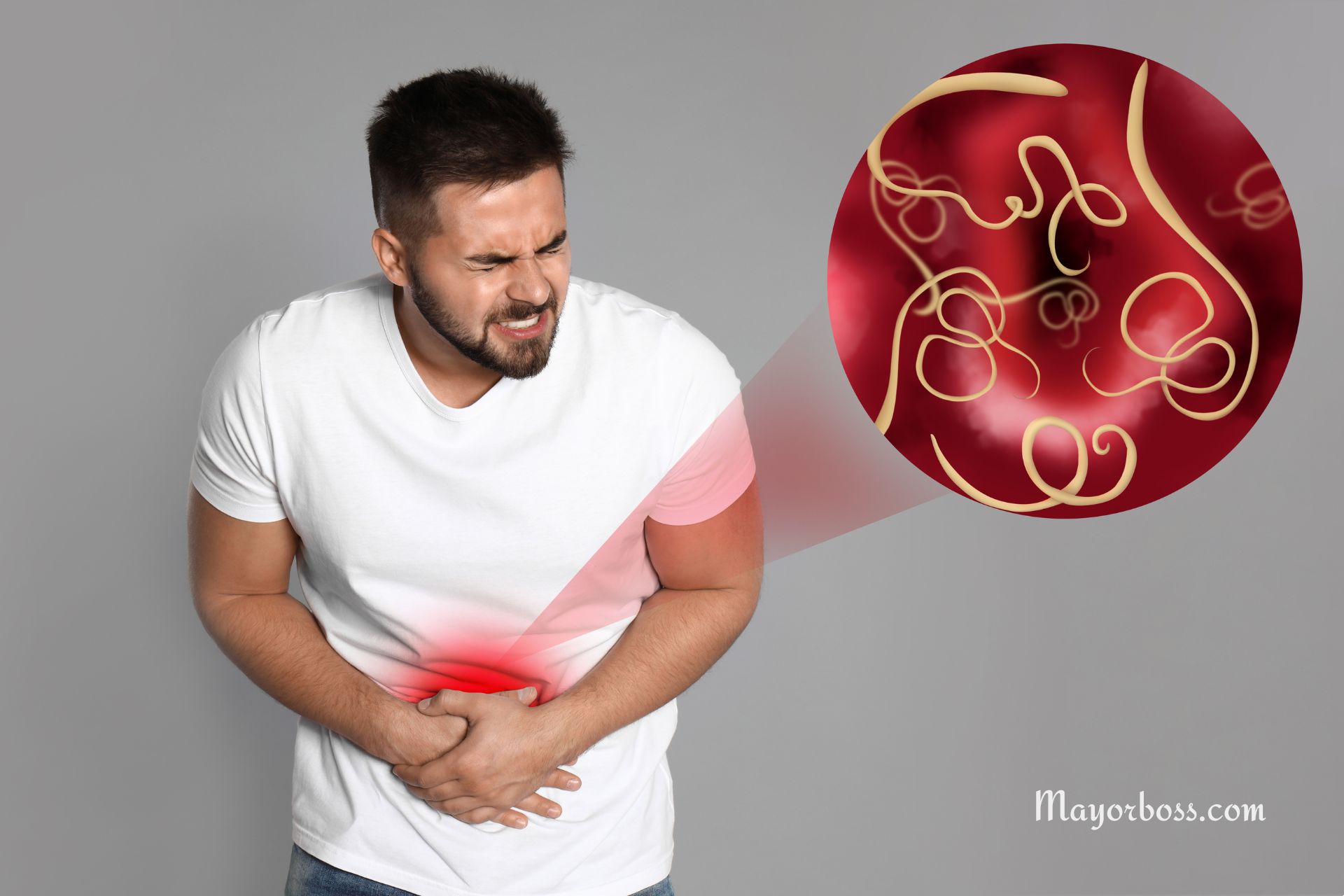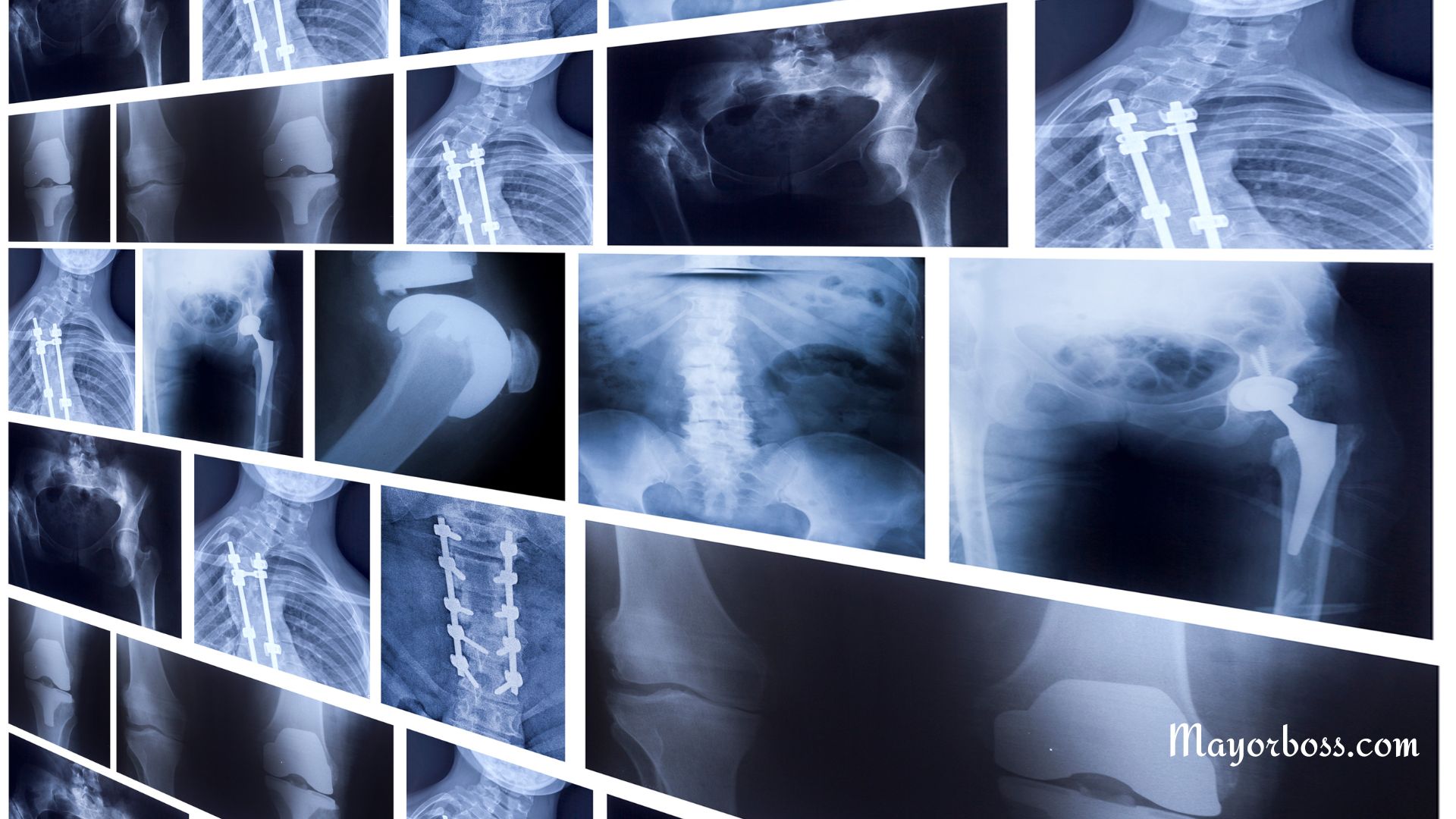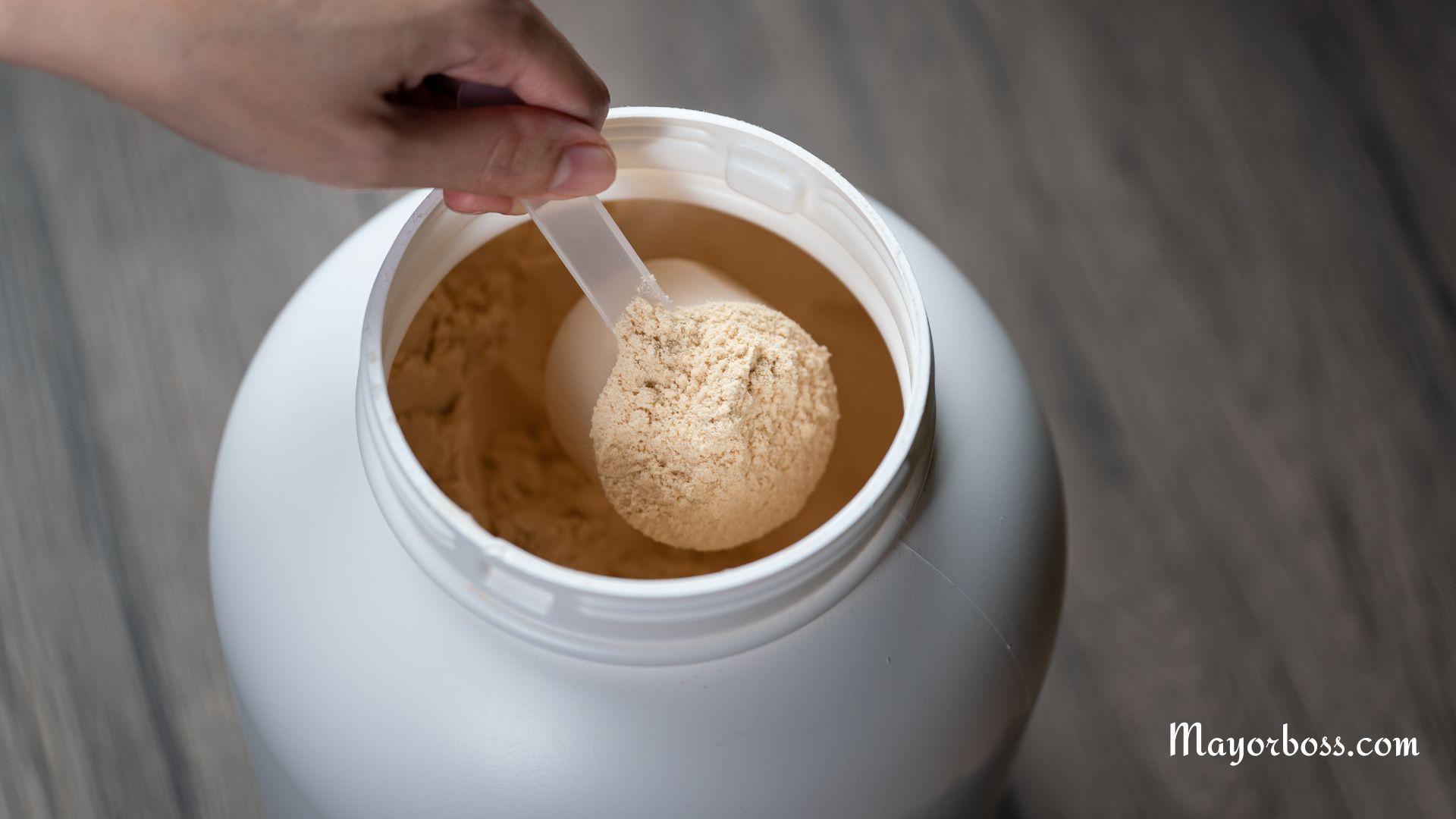10 Foods That Will Clean Your Arteries And Protect You From Heart Attacks
Eating the right foods can help clean your arteries, lower cholesterol, and reduce your likelihood of heart attacks. Foods rich in fiber, antioxidants, and healthy fats work together to keep your blood vessels healthy and open.

Keeping your arteries healthy is crucial for preventing heart disease and reducing the chance of heart attacks. When your arteries become clogged with plaque, blood flow to the heart and other organs is restricted, increasing your chances of heart-related issues.
The good news is that certain foods can help keep your arteries clean and support cardiovascular health, according to experts. Here are ten foods that can help clean your arteries and prevent a heart attack.
1. Fatty Fish Like Salmon and Mackerel Help Decrease Artery Plaque
Fatty fish such as salmon, mackerel, trout, and sardines are loaded with omega-3 fatty acids, which have powerful anti-inflammatory effects. According to the American Heart Association, omega-3s help significantly decrease the buildup of plaque in your arteries by lowering triglycerides and increasing “good” HDL cholesterol.
“Eating fatty fish twice a week can support heart health and help keep your arteries clear. In fact, the American Heart Association recommends including fish in your diet at least twice a week for these heart-protective benefits.”
2. Avocados Are Great for Increasing Healthy Cholesterol Levels
Avocados are super packed with monounsaturated fats, which are heart-healthy fats that have been shown to help lessen “bad” LDL cholesterol while increasing “good” HDL cholesterol. According to research, these fats can also lower the odds of plaque buildup in the arteries, keeping them healthy and flexible. Additionally, avocados are generally rich in potassium, a mineral that helps regulate blood pressure, another factor that impacts heart health.
3. Berries Can Help Lower Blood Pressure and Inflammation
Berries such as strawberries, blueberries, and raspberries are rich in antioxidants and fiber. These nutrients help protect your arteries by reducing oxidative stress and inflammation, both of which can greatly contribute to plaque buildup. The high fiber content likewise helps lower cholesterol levels and maintain healthy blood pressure, keeping your arteries in good condition.
4. Nuts Like Almonds and Walnuts Provide Heart-Healthy Fats
Nuts like almonds and walnuts are incredible sources of heart-healthy fats, protein, and fiber. These nutrients work together to significantly lower LDL cholesterol and reduce the chance of artery blockages. Walnuts are particularly rich in alpha-linolenic acid (ALA), a type of omega-3 fatty acid that greatly supports heart health. A study published in 2023 found that regularly eating nuts can help reduce plaque buildup and lower the risk of heart disease.
5. Garlic Helps Lower Blood Pressure and Prevent Plaque Buildup
Garlic is a powerful ally in maintaining heart health. Garlic contains a valuable compound called allicin, which has been shown to lower blood pressure and reduce cholesterol levels. Studies have also suggested that garlic can prevent the hardening of arteries by slowing down plaque accumulation.
6. Olive Oil Can Improve Your Cholesterol Levels
Olive oil, especially extra virgin olive oil, is rich in monounsaturated fats and antioxidants, both of which are extremely beneficial for heart health. These healthy fats help reduce LDL cholesterol while boosting HDL cholesterol, keeping your arteries free of blockages. A study published in 2022 showed that people who consumed olive oil regularly had a lower risk of heart attacks and strokes.
7. Leafy Green Vegetables Help Keep Arteries Flexible
Leafy greens like spinach, kale, and collard greens are packed with vitamins, minerals, and antioxidants that promote heart health. These vegetables are rich in nitrates, which help dilate blood vessels and improve blood flow, decreasing the chance of clogged arteries. They also contain potassium and magnesium, which help regulate blood pressure and maintain arterial flexibility.
8. Whole Grains Can Lower Cholesterol and Improve Arterial Health
Whole grains such as oats, brown rice, and quinoa are excellent sources of fiber, particularly soluble fiber, which can help lower LDL cholesterol levels. Research suggests that eating whole grains regularly can reduce plaque formation in the arteries, improving overall heart health. The fiber in whole grains helps bind to cholesterol in the digestive system, thus stopping it from being absorbed into the bloodstream.
9. Dark Chocolate Protects Against Oxidative Stress
Dark chocolate, primarily a variety that contains at least 70-80% cocoa, is rich in flavonoids, powerful antioxidants that help lessen oxidative stress and inflammation in the arteries. These antioxidants can improve blood flow and protect your arteries from damage. Studies have shown that moderate consumption of dark chocolate can lower blood pressure and improve heart health.
10. Green Tea Is Packed with Antioxidants That Improve Heart Health
Green tea is known for its high concentration of catechins, a type of antioxidant that helps reduce cholesterol levels and improve artery function. Green tea has been shown to lower LDL cholesterol, lessen blood pressure, and stop blood clot formation, all of which contribute to healthier arteries. Drinking 1–2 cups of green tea daily can support cardiovascular health and significantly help prevent heart disease.
Lifestyle Habits That Also Protect Your Arteries
Food matters, but your habits count too. To protect your heart:
- Don’t smoke.
- Get regular exercise.
- Manage your stress.
- Keep your blood pressure and cholesterol under control.
- Maintain a healthy weight.
When To Talk To Your Doctor
Eating the right foods is a powerful tool, but some people need medicine or other treatments for heart health. If you have high cholesterol, high blood pressure, or a family history of heart disease, check in with your doctor. They can help you build the right plan for your needs.
Frequently Asked Questions
1. Can food really clean your arteries?
Food cannot physically “scrape” plaque from your arteries, but certain foods lower cholesterol, reduce inflammation, and slow plaque buildup. Over time, this helps prevent heart attacks.
2. How quickly can diet changes affect my artery health?
You may see improvements in cholesterol and blood pressure within a few weeks. Significant changes in artery health take months or even years, but every step matters.
3. Should I avoid all fats to protect my arteries?
No. Healthy fats from fish, nuts, seeds, and olive oil support artery health. Focus on avoiding trans fats and limiting saturated fats from red meat and processed foods.
4. Are supplements as effective as whole foods?
Whole foods provide a range of nutrients and fiber that supplements cannot match. Supplements may help in some cases, but a healthy diet is most effective.
5. What else can I do to reduce my heart attack risk?
Along with eating a heart-healthy diet, exercise regularly, avoid smoking, manage stress, and keep medical conditions like diabetes and high blood pressure well controlled.






